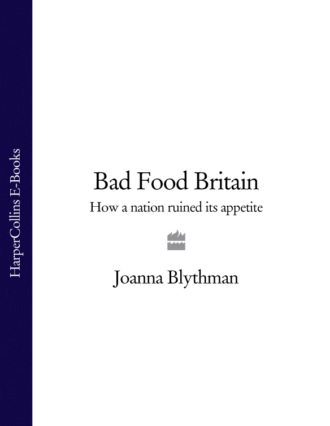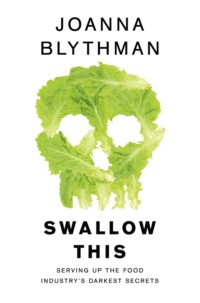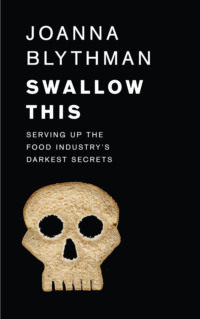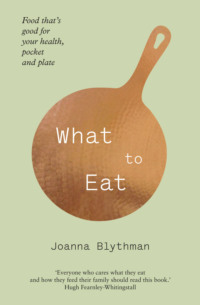
Полная версия
Bad Food Britain: How A Nation Ruined Its Appetite
Food as a spectator sport has now become a huge industry in Britain. In countries that are feted for their cuisine, such as Italy and France, food has a much lower profile in the media. Weekend newspapers carry a restaurant review, perhaps a profile of a chef, a diary of local food and wine festivals, and the odd recipe. News-stands sell a number of cheap, practical magazines filled with seasonal recipes for everyday cooking. Commonly these recipes are not authored, since the object of the exercise is to show what the dishes look like and explain how to make them, not sell the lifestyle of food celebrities. When chefs appear on French and Italian television, viewers do not get a through-the-keyhole snoop into their lives to see their children, homes or long-suffering partners. They simply stand up, demonstrate a recipe and leave it at that. If you talk about ‘celebrity chefs’, Europeans look blank and are not sure what you mean.
The justification advanced for the Great British Media Food Circus with its clowns, acrobats and survival artists is that it has helped Britain catch up with established food cultures and rekindled the flame of British gastronomy. Jamie is turning on young people to cooking by making it seem trendy and youthful. Gordon is drumming up recruits for the catering profession by reducing B-list celebrities to tears in front of the camera. Paul and Brian are supplying stressed-out housewives with barnstorming 15-minute menus using hideously incompatible and unfamiliar ingredients that will invigorate their lacklustre cooking. The only problem with this noisy and ever more attention-seeking circus is that it has had the opposite effect. As the food writer Tamasin Day-Lewis has commented: ‘What strikes me is the number of perfectly competent cooks who say they have become frightened of cooking. They feel that what they once cooked with confidence is no longer fashionable. Restaurant and television food has added to their insecurity.’ A case in point is comedienne Arabella Weir, who confesses: ‘All that plethora of cookery shows really does is make me feel insecure. They don’t make me think, “Oh what a great thing to do with scallops and chives.” I just think, “Oh God! I’m just a fat oaf who lives in a horrible kitchen!’”
As far as the media is concerned, food and cooking in Britain should be viewed similarly to advertising. Its job is to sell us an aspirational lifestyle in which food occupies its time-honoured place in British society as a way of defining class, status and refinement. But, like parading a line of skinny supermodels before a local Weightwatchers group, its effect is not empowering but paralysing. The people who are apparently showing us how to cook are asking too much of us. They offer a menu of incessant choice, seasoned with a perpetual stream of possibility. But they are not like us, they do not represent us, and we can never be like them. They live in a world glossy with food fashion, rich with knowledge and busy with perpetual novelty. We watch them, talk about them, and let ourselves be entertained by their antics as a form of diversion and escapism, but we know that all this has little or nothing to do with real life.
Конец ознакомительного фрагмента.
Текст предоставлен ООО «ЛитРес».
Прочитайте эту книгу целиком, купив полную легальную версию на ЛитРес.
Безопасно оплатить книгу можно банковской картой Visa, MasterCard, Maestro, со счета мобильного телефона, с платежного терминала, в салоне МТС или Связной, через PayPal, WebMoney, Яндекс.Деньги, QIWI Кошелек, бонусными картами или другим удобным Вам способом.






